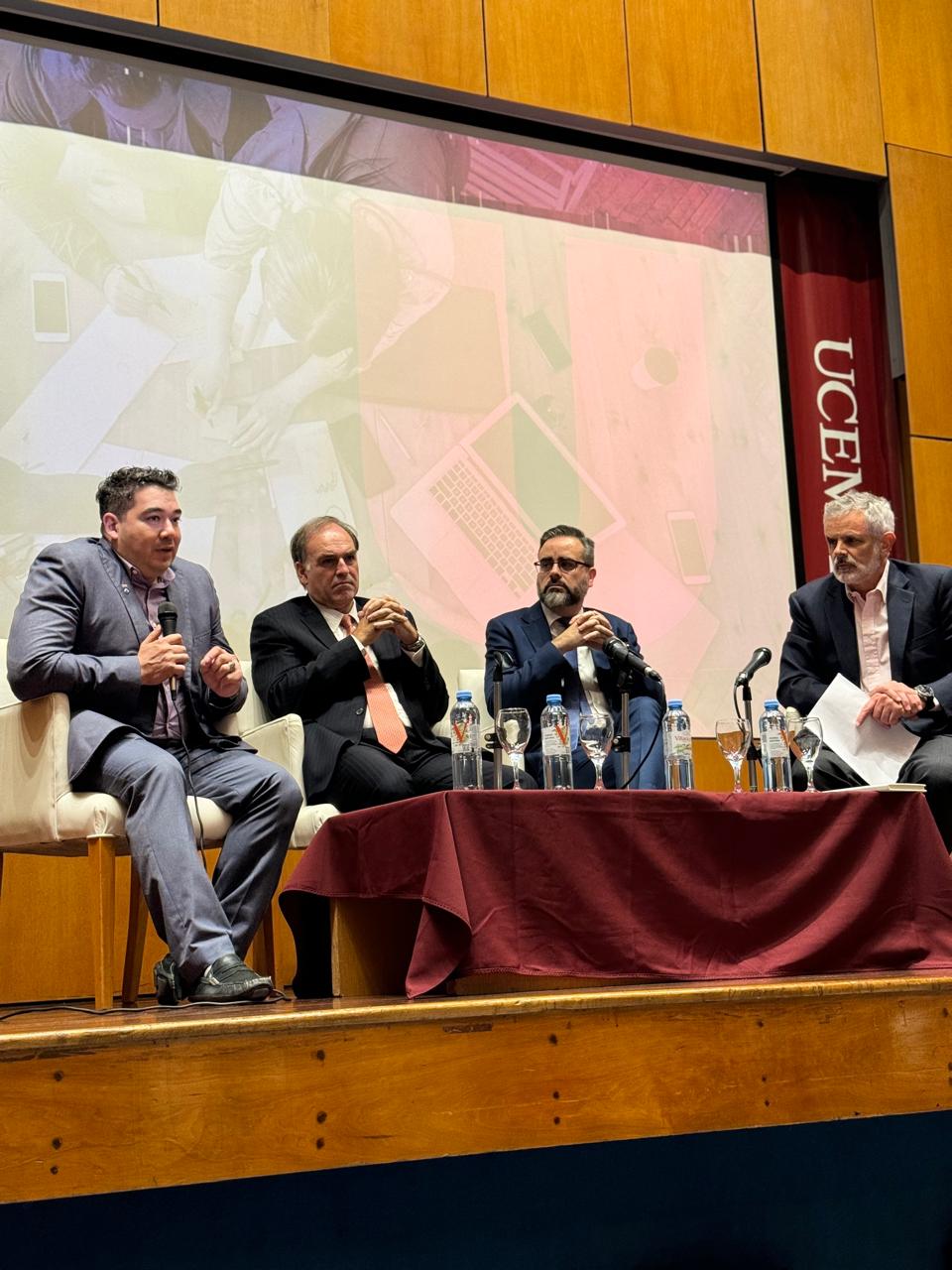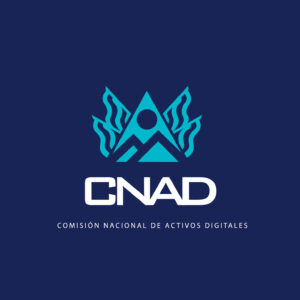On May 23, Juan Carlos Reyes, President of the National Commission of Digital Assets (CNAD) of El Salvador, participated in the event “Regulation of the Crypto Economy. Experience in El Salvador and Challenges for Argentina,” organized by the University of CEMA (UCEMA) and the NGO Bitcoin Argentina. This event brought together experts in crypto economy to discuss the current challenges and opportunities in digital asset regulation, as well as El Salvador’s authority in regulating and supervising digital assets.
During his speech, Reyes expressed his satisfaction in being part of this forum that addresses a topic of growing global importance. He highlighted El Salvador’s pioneering experience in adopting Bitcoin as legal tender, emphasizing how this initiative has positioned the country as a global leader in the digital asset industry. “El Salvador, as a pioneer in the digital assets industry, and Argentina, which is taking the initiative in this field, are working to promote a regulated and transparent ecosystem that facilitates the efficient functioning of the digital assets market.” Reyes affirmed.
Reyes also detailed CNAD’s ongoing efforts to establish a robust regulatory framework that not only ensures the security of digital transactions but also fosters innovation in this dynamic sector in compliance with risk management standards, particularly AML. He noted that, under his leadership, the Commission has implemented solid regulations and strategic projects designed to strengthen El Salvador’s digital ecosystem and open new economic opportunities both nationally and regionally.
The event featured the participation of Roberto E. Silva, President of the National Securities Commission (CNV) of Argentina, and Alberto Mendoza, Director of Supervision of the Financial Information Unit (UIF). Both shared their perspectives on the current situation of crypto assets in Argentina, highlighting regulatory challenges and opportunities for developing an efficient and adaptable regulatory framework.
Throughout the day, ideas and proposals were exchanged on the evolution and future of digital asset regulation. Participants discussed how lessons learned in El Salvador could be applied in other jurisdictions and explored ways for greater international cooperation in creating regulations that drive innovation and ensure the sustainable growth of the crypto economy.
This meeting reaffirmed the commitment of CNAD and regulatory entities from other countries to work together to address common challenges and seize the opportunities offered by the digital economy. Collaboration and knowledge exchange between these institutions are essential to building a regulatory framework that promotes trust and security in the use of crypto assets in Latin America and beyond.


